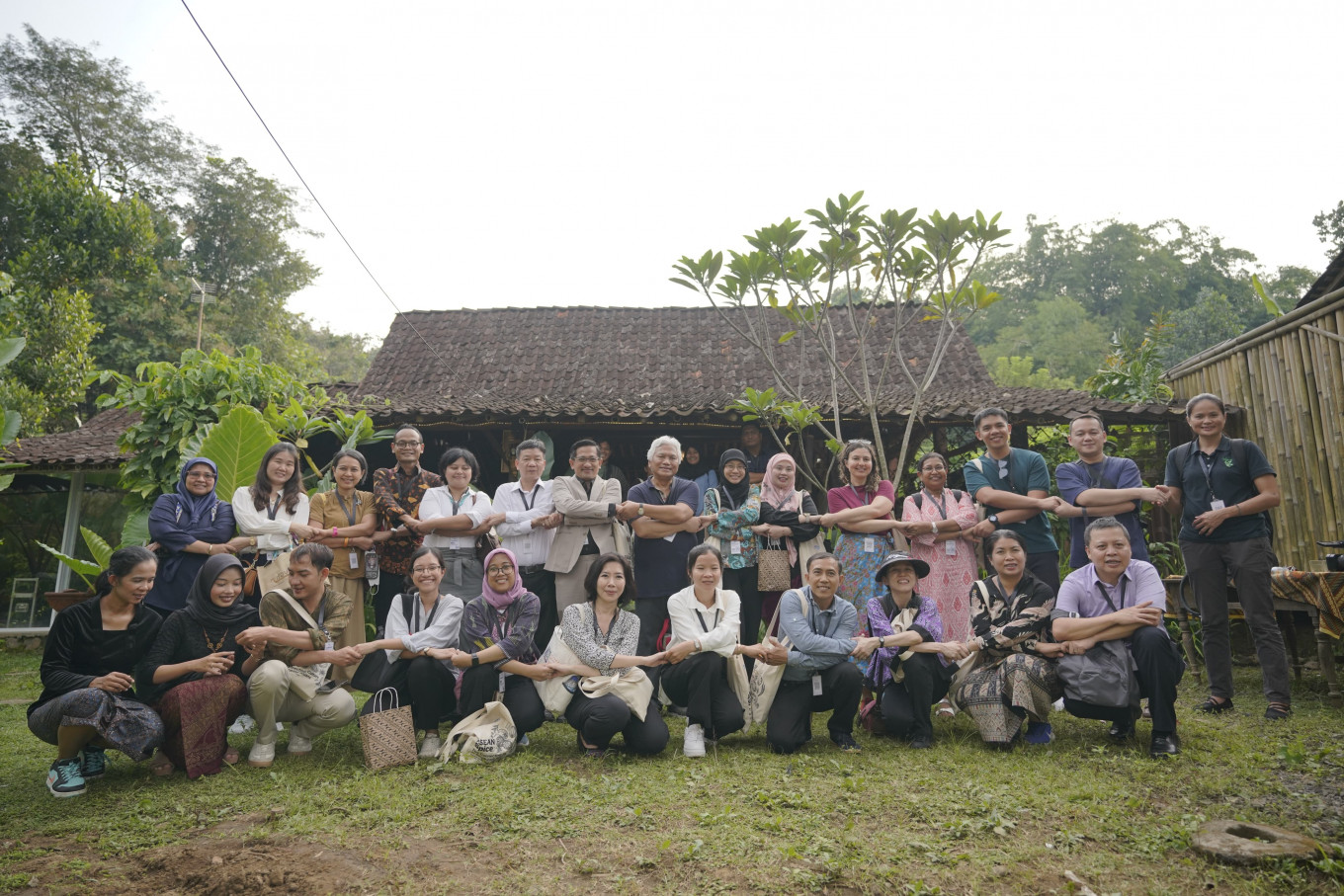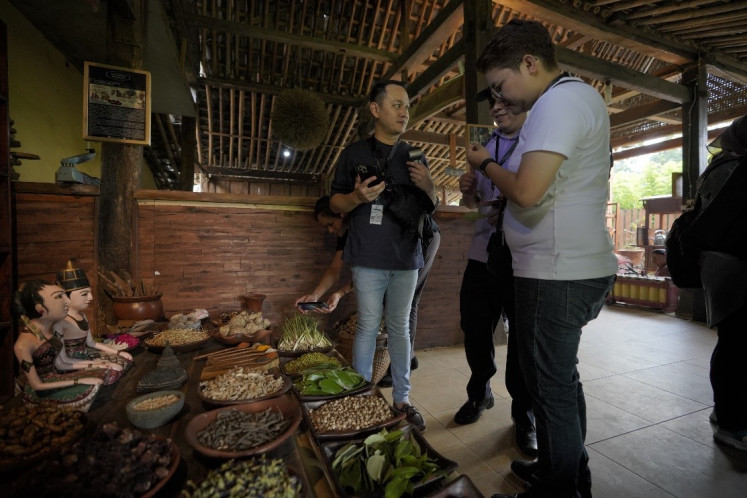Popular Reads
Top Results
Can't find what you're looking for?
View all search resultsPopular Reads
Top Results
Can't find what you're looking for?
View all search resultsKemendikbudristek: The spice of cultural connections among nations in Southeast Asia
Change text size
Gift Premium Articles
to Anyone
T
he Education, Culture, Research and Technology Ministry, in collaboration with the ASEAN Secretariat, organized the event "ASEAN Spice: The Connecting Culture of Southeast Asians" in Yogyakarta and Central Java. For one week, from May 26 to 31, 2024, academics and practitioners in the field of spices from 11 ASEAN countries exchanged knowledge and experiences about spice culture in each country.
In line with the nomination plan for the Spice Route as a World Heritage initiated by Indonesia, this event serves to further strengthen the shared spice heritage in Southeast Asia. Since long before the arrival of Europeans, Southeast Asia has been a center of global spice trade, connecting the East and the West. Spices are not just commodities, but also bring values, traditions and cultural exchanges. "Discussing spice culture with ASEAN member countries is crucial in the joint nomination process of the Spice Route as a World Cultural Heritage," said Hilmar Farid, the ministry’s director general of culture. "This activity is an important step in strengthening cultural relations among ASEAN countries through the cultural heritage of spices," he added.
During the week, academics and practitioners from ASEAN countries visited spice houses in Karang Rejo Village in the Borobudur area, engaged in discussions with academics at Gadjah Mada University about the spice route and its influence on Southeast Asian civilization and deepened discussions and collaboration plans to create innovations, creativity and joint products related to spice culture and gastronomy among ASEAN countries.
This program is also designed to align with two important ASEAN documents: the Siem Reap Declaration on Promoting an ASEAN Community that is Creative and Adaptive to Support Cultural and Creative Economies, adopted at the 40th and 41st ASEAN Summit in November 2022 in Cambodia; and the ASEAN Identity Narrative, adopted at the 37th ASEAN Summit in November 2020 in Vietnam.
"Spices have greatly changed our way of life and must continue to be developed for broader utilization. Joint innovation with ASEAN practitioners and academics is a step toward strengthening the narrative of the spice route in the ASEAN community and reconnecting our shared cultural heritage," Hilmar concluded.
Meanwhile, Dafri Agussalim from the ASEAN Studies Center at the Faculty of Social and Political Sciences at UGM stated that the ASEAN Spice: The Connecting Culture of South Asians event was deemed very important, especially to trace the spice route. "This activity is primarily aimed at finding the ASEAN identity from the spice route because there has been no identity among ASEAN countries [so far].”
"What can unite ASEAN countries is the spice route. So, we can strengthen the relationship between Southeast Asian countries with the spice route," he explained.











